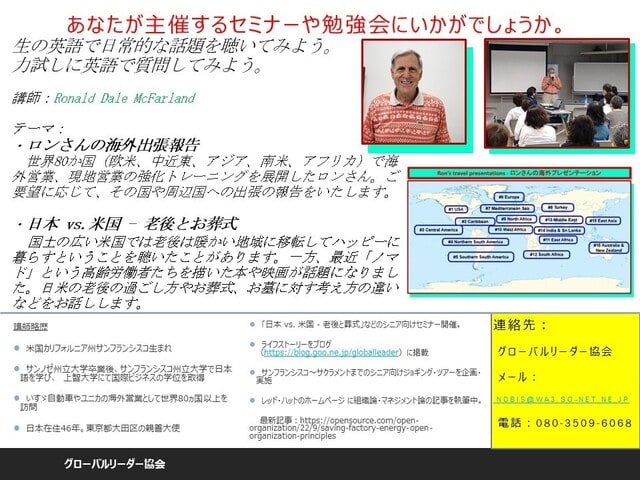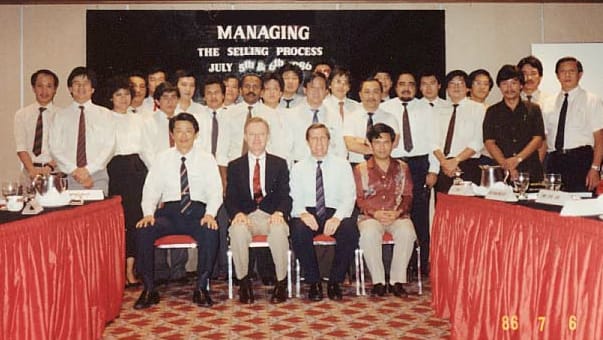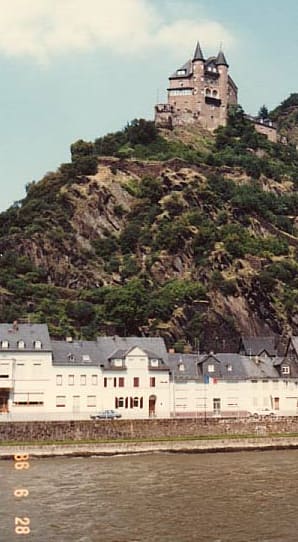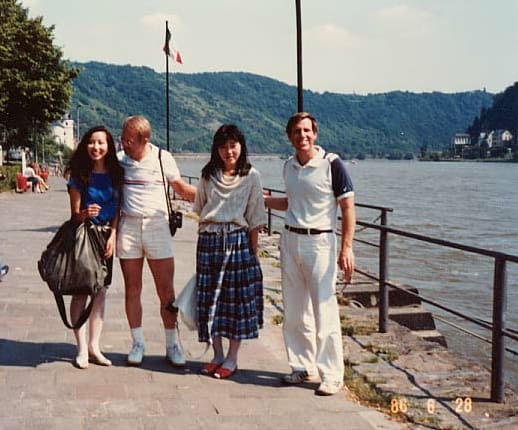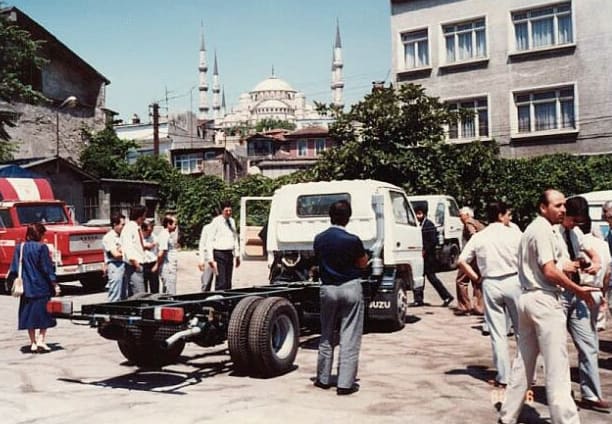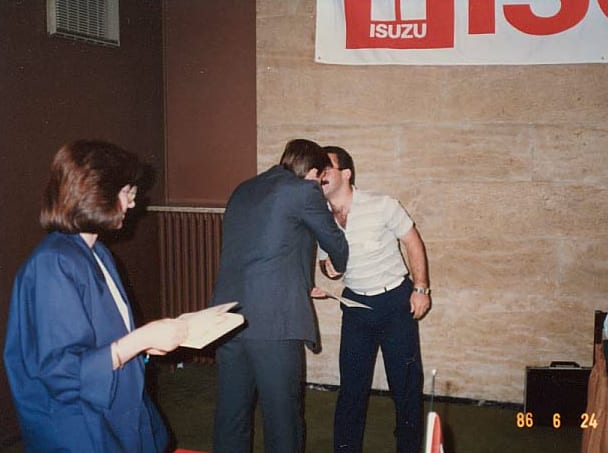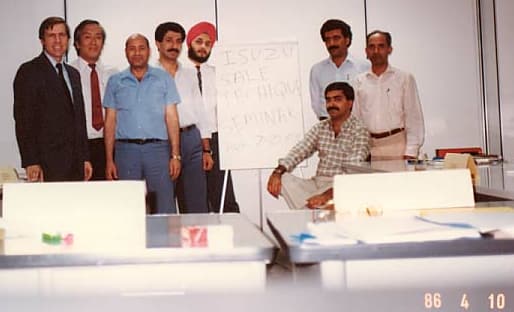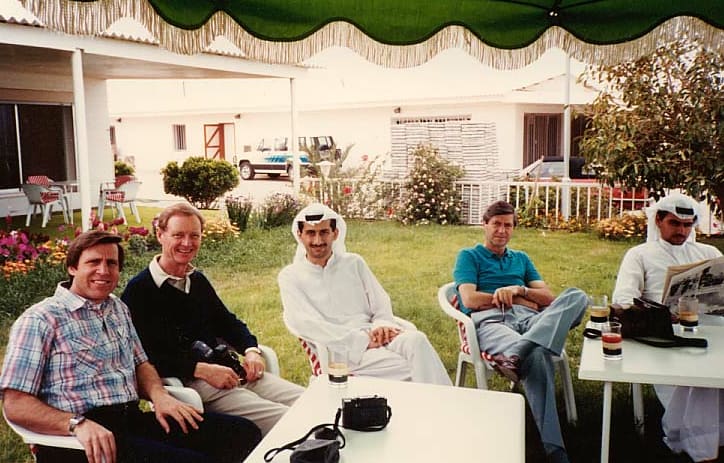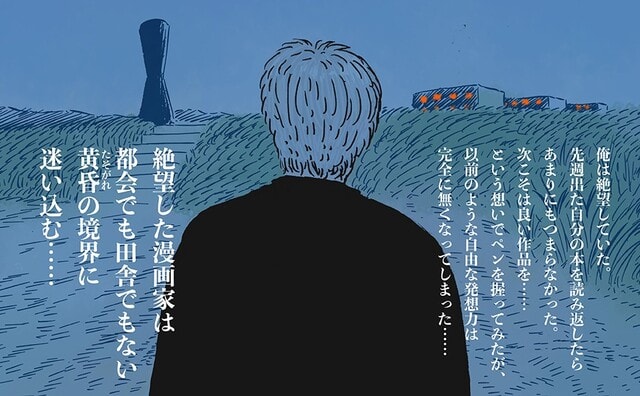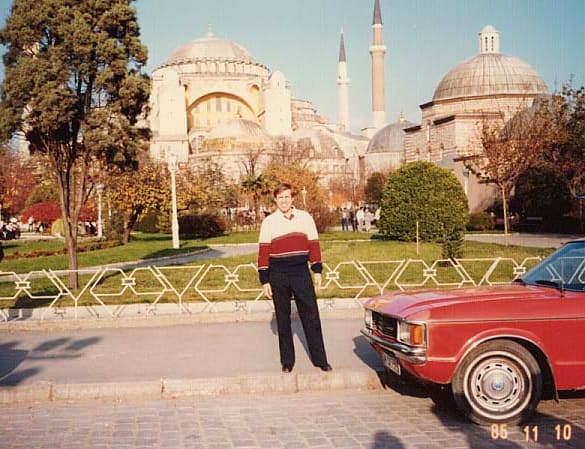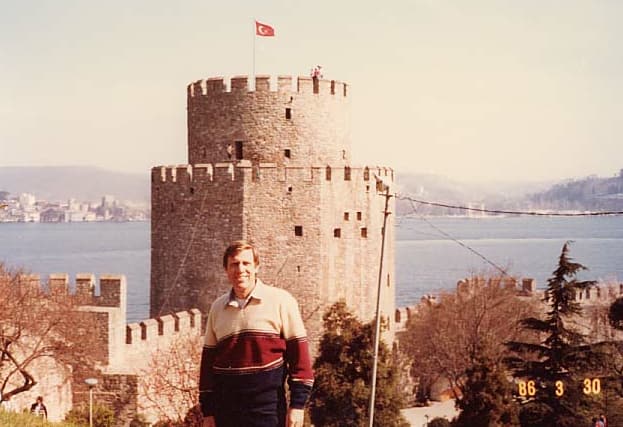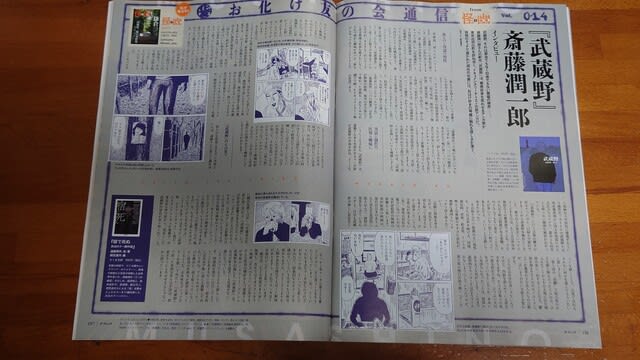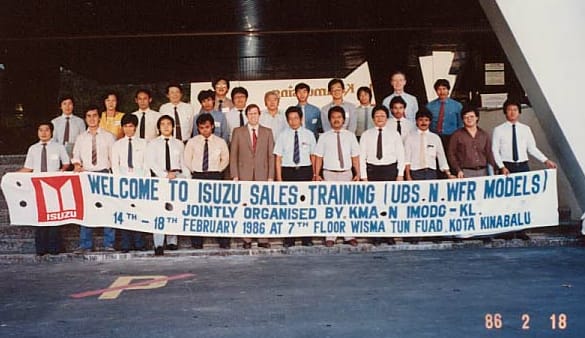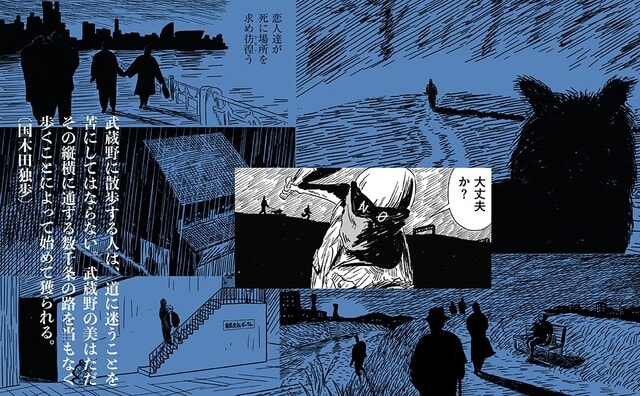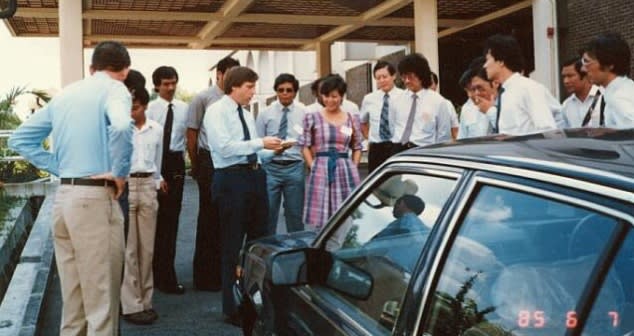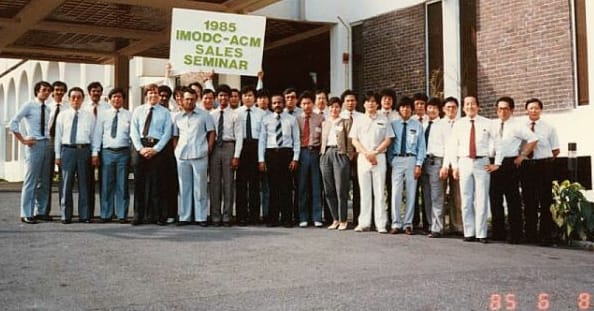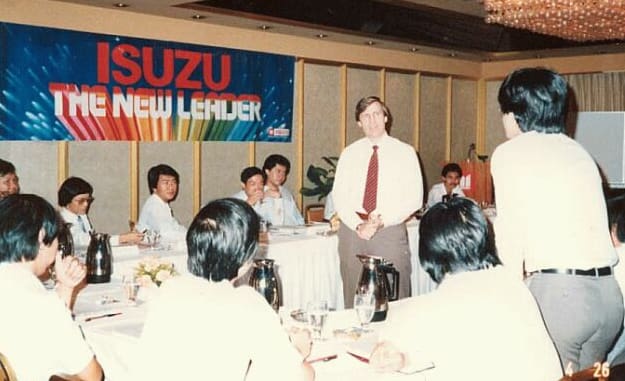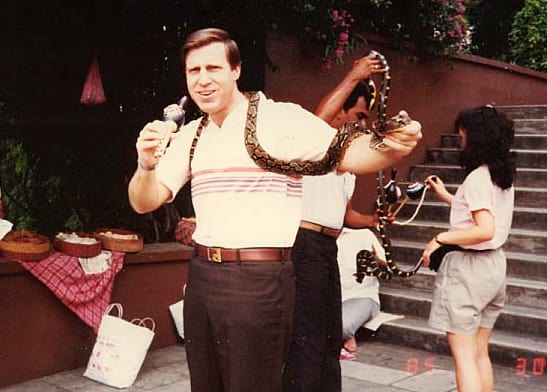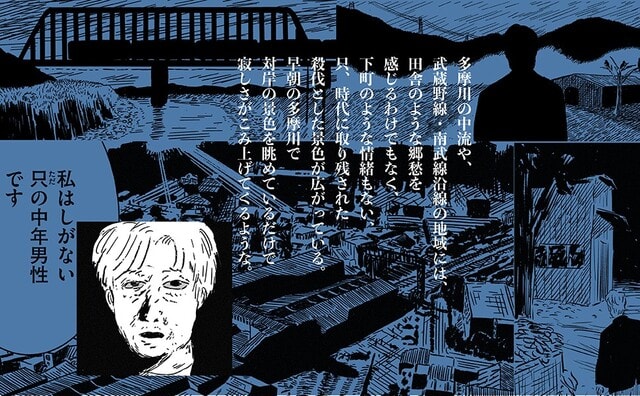India
In late 1985 and 1986, I went twice to India. There was a new and huge heavy-duty truck project with Hindustan Motors, and I was to develop the sales network and train the dealers throughout the country.
My first trip was to visit the dealers, Hindustan Motors had assigned in the south, west and north. Because of all the political problems in the north, I could only visit dealers in the Delhi area. I started my trip in Delhi, where the head office of the commercial vehicle division was.
Hindustan Motors is mostly a car company and wanted to compete with TATA, the powerhouse in the truck business (as well as many industries) in India. TATA exports trucks throughout the region as well as dominates the Indian domestic market with 80% of the market share. It is based on old Mercedes Benz technology.
The idea was to start selling our truck in the south where TATA was weakest. There was another company in India called Ashok Lealand based on old British Lealand trucks. They were head quartered in Madras (now Chennai), in the south. So, at that time, they had 25% of the market share in that region, and we wanted to take some of their business with a superior truck. Therefore, I started my market study in Madras and Bangalore in the south. The south of India is like the southern States in the United States. Businesses are small. Families are large, or I should say larger than the average large family in India. They are not as industrial as the mighty north or west. In recent years, Bangalore has become the “Silicone Valley” of India. They have an expanding computer and software industry. As a matter of fact, they were vital support for their American counterparts during the “YK2” problem, as they worked when the Americans were sleeping to solve all the computer problems. The people in the south are wonderful, warm and open.
From there I went to Bombay, now called Mumbai. That is the main commercial center of the country. Like many large cities in the developing world, Mumbai is a city that draws people from the countryside.
India is a very complicated and historic country. Most of the Eastern religions came out of India in some form. Hindi is the national language, but there are hundreds of dialects, which prevent people from traveling around the country for work and a better life. The literate population, when I was there, was 24% in any language. In English, possibly 10% of the population speak it fluently. In spite of that small percentage, with a population of over 800 million (at that time), that is a lot of literate people, and the middle class is very large. Unfortunately, the lower classes (in both wealth and status) are even larger.
In spite of its poor education and living standards, I found the country very safe and felt the people were very peaceful in their hearts.
In the mid-1980’s, India was a tiring country to travel through though, and one always has to worry about bad food, water and facilities. It’s not all that fun to be stuck in an elevator for a few hours while it is being repaired. With the lack of foreign exchange at that time, India could not buy replacement parts for the imported industrial goods they buy. Therefore, even parts are repaired instead of replaced, but it is very time consuming and usually needs repair again in a very short time. In the more recent times, I think the country has improved greatly with its export drives and the opening of the domestic market in sales and investment.
As for my seminars, the dealers loved the sales concepts and the new truck they were getting. But, here again, production equipment could not be imported at that time, and the Bank of India would not allow us to get foreign exchange to import production parts and components regularly. Therefore, an average dealer would have to wait years before it would get one truck to sell. That was a real heart breaker for me, as the country really needed better transportation, and people were literally dying on the roads with truck breakdowns.
At the time I did not know it, but I would go to India several times more on personal visits.
< Bombay, Feb, 1986 >
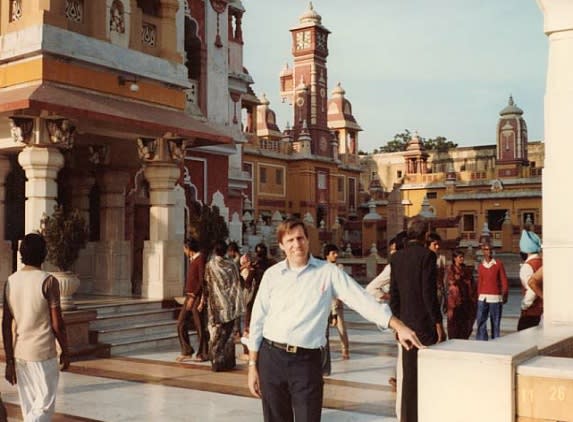
< Training Group in Delhi, India >
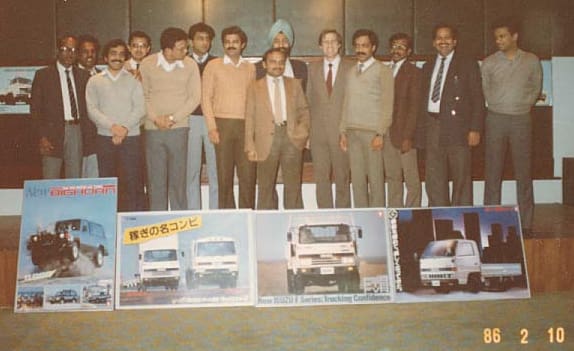
<仕事に疲れたら『武蔵野』でコトリップ(『武蔵野』リイド社、斎藤潤一郎著)>
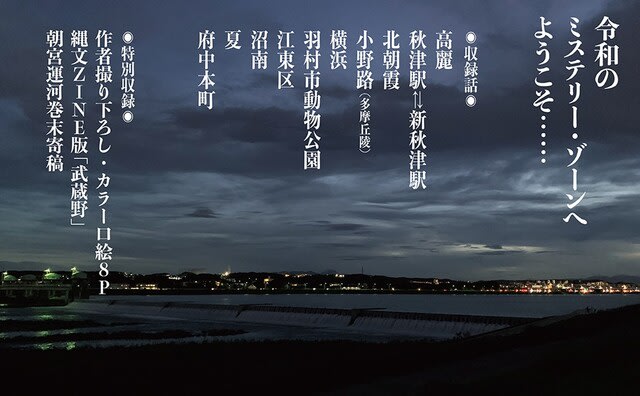 Ronさんのセミナーいかがですか。苦労の多かったRon-sanの青春時代やキャリア形成の話、来日後、特に、いすゞ自動車勤務でのカルチャーショックとグローバルリーダーとしての活躍など。それとRonさんが楽しみにしている出席者と皆さんとのノミュニケーション。
Ronさんのセミナーいかがですか。苦労の多かったRon-sanの青春時代やキャリア形成の話、来日後、特に、いすゞ自動車勤務でのカルチャーショックとグローバルリーダーとしての活躍など。それとRonさんが楽しみにしている出席者と皆さんとのノミュニケーション。
皆さんがおやりになっている勉強会などに出張し講演させていただきます。本人の希望は、英語での発表です。
ただし、Ronさんが住んでいる東京都大田区から日帰りできるところとさせてください。
もっとも台湾でも日帰りは可能ですが。
